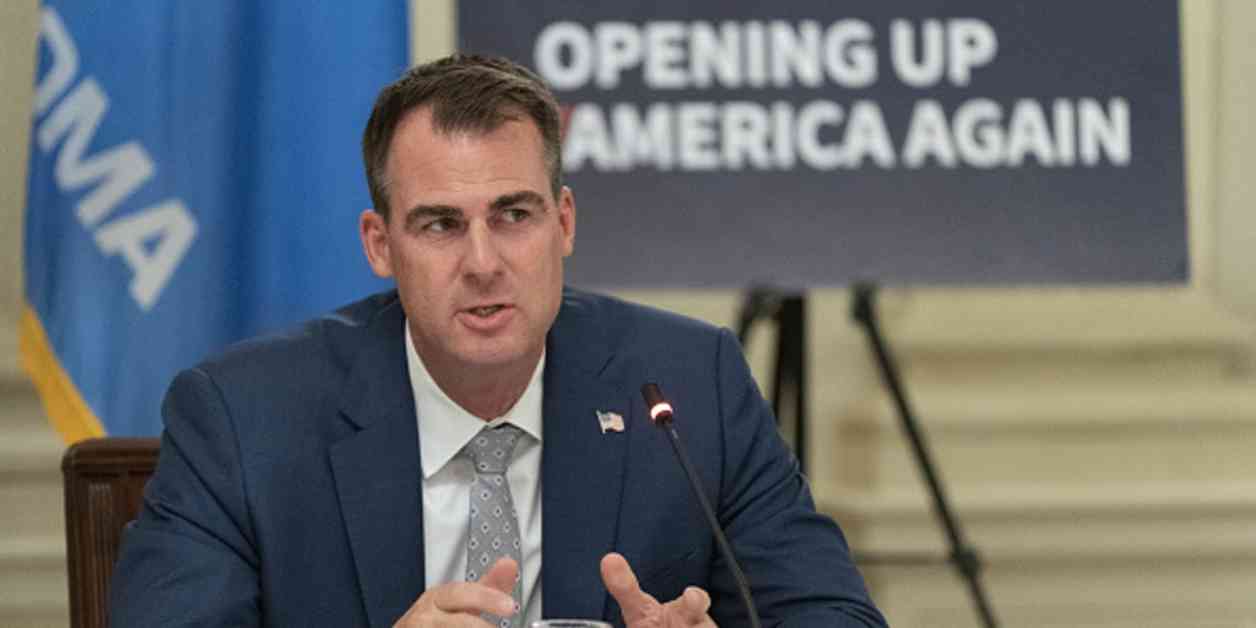A recently unsealed multicounty grand jury report in Oklahoma revealed mismanagement of millions of dollars in the Governor’s Emergency Education Relief Fund (GEER). The report described the handling of federal grant money as “grossly negligent” and highlighted misspending of $40 million, which ultimately left citizens in need without the necessary support during the pandemic. The jury expressed disappointment at the lack of internal controls and oversight over the grant-funded initiatives, emphasizing that the mismanagement was preventable and had severe consequences for vulnerable Oklahomans.
While the report identified troubling practices and actions, it concluded that there was insufficient evidence to prove criminal activity beyond a reasonable doubt. The grand jury pointed out that many issues arose from the state’s disregard of administrative safeguards, particularly the Director’s authorization of all integrated vendors without proper oversight. This lack of control led to inappropriate purchases with GEER funds, such as televisions, watches, and cell phones, which had no educational purpose and diverted resources from pandemic relief efforts.
The grand jury criticized the state for entrusting individuals and organizations with millions in federal funding without proper vetting or accountability measures in place. The Oklahoma State Department of Education responded to the investigation’s findings by emphasizing Superintendent Walters’ commitment to fiscal responsibility and taxpayer accountability. The department highlighted efforts to ensure the efficient use of taxpayer money under Walters’ leadership.
The mismanagement of pandemic relief funds in Oklahoma underscores the importance of transparency, oversight, and accountability in government initiatives. Citizens rely on their elected officials to responsibly manage public funds and ensure that resources are allocated effectively to address pressing needs. The findings of the grand jury report serve as a reminder of the consequences of negligence and the importance of upholding ethical standards in public service.
Moving forward, it is essential for state officials to implement stricter controls and monitoring mechanisms to prevent similar incidents of mismanagement and ensure that funds are used appropriately to support those most in need. By learning from past mistakes and prioritizing transparency and accountability, Oklahoma can rebuild trust with its citizens and demonstrate a commitment to serving the public good.





















